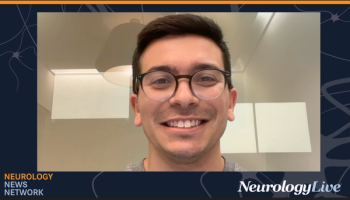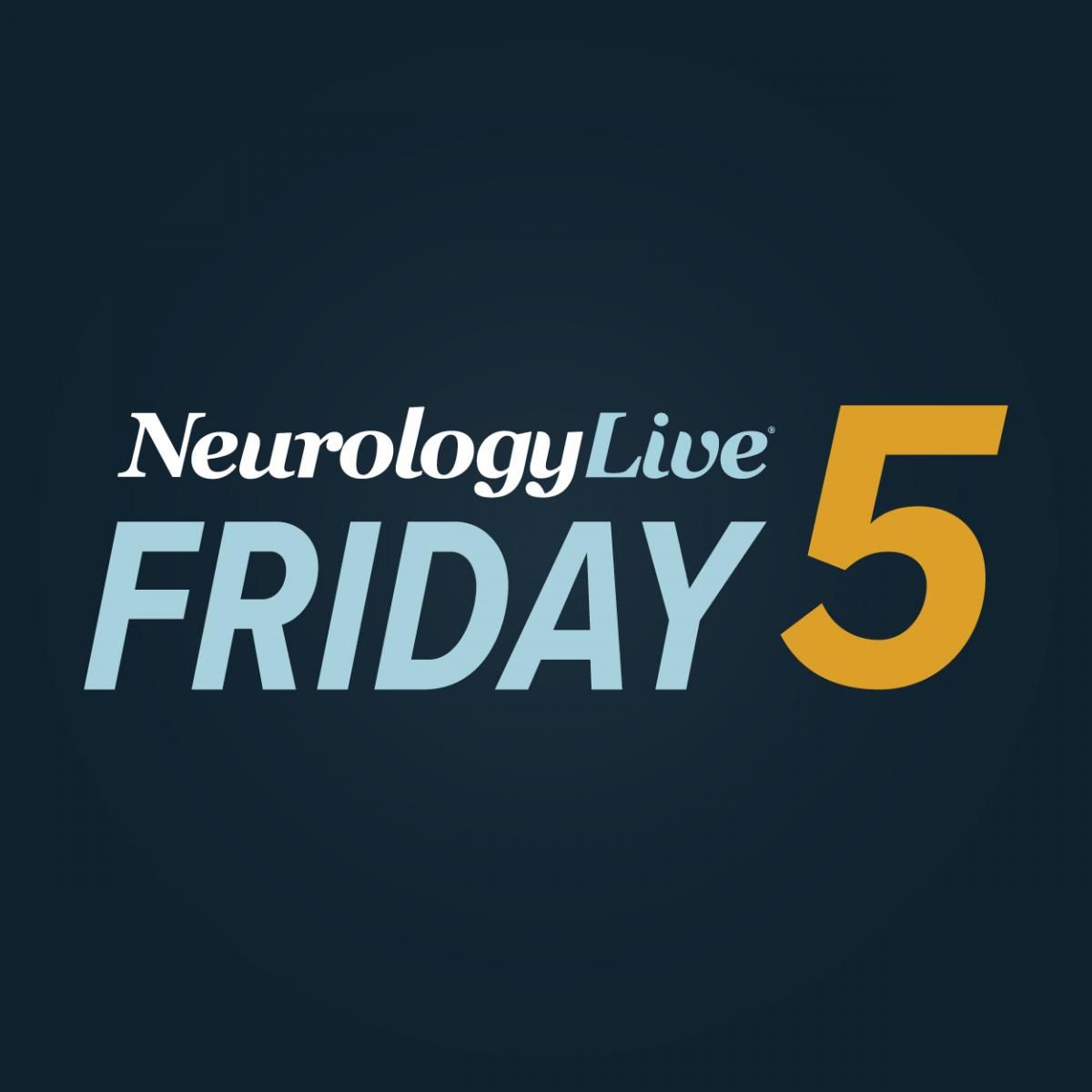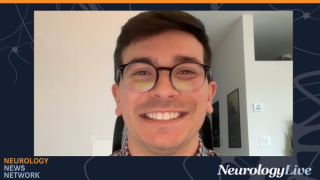
Movement Disorders
Latest News
Latest Videos
CME Content
More News

The neurooncologist from the University of California Los Angeles provided clinical insight on the impact of a new treatment option for adults and children with neurofibromatosis type 1 that are not amenable to complete surgical resection. [WATCH TIME: 2 minutes]

A physician assistant specializing in Parkinson disease discussed advancements in neurology aimed at enabling personalized treatment, continuous monitoring, and improved disease management. [WATCH TIME: 4 minutes]

Topline data of the D1AMOND study showed statistical significance between ecopipam and placebo for the primary as well as secondary efficacy end points in patients with Tourette syndrome.

The approval was based on data from the ADAPT-PD trial, a prospective study that laid the foundation for aDBS use in a real-world clinical environment.

Take 5 minutes to catch up on NeurologyLive®'s highlights from the week ending February 21, 2025.

More than 90% of participants had Parkinson's disease mild cognitive impairment (PD-MCI), highlighting TAK-071’s potential for treating early-stage cognitive decline in Parkinson disease.

A pair of lead neurologists at Baptist Health South Florida provided commentary on some of the promising developments expected to emerge in neurology over the coming months.

The movement disorder nurse practitioner at Stony Brook Medicine talked about the growing role of artificial intelligence in neurology and emerging treatments for Parkinson disease.

The nurse practitioner at the Parkinson’s and Movement Disorders Center at Stony Brook Medicine discussed the increasing role of artificial intelligence in neurology, specifically movement disorders. [WATCH TIME: 5 minutes]

Take 5 minutes to catch up on NeurologyLive®'s highlights from the week ending February 14, 2024.

The director of Integrative Neurosciences at Allegheny Health Network talked about integrative neurology, personalized medicine, and emerging diagnostic tools that enhance patient-centered care. [WATCH TIME: 5 minutes]

The chair of neurosurgery at the University of Arizona talked about the newly approved infusion therapy that offers continuous medication delivery to improve both motor and non-motor symptoms in Parkinson disease. [WATCH TIME: 5 minutes]

Amlenetug, a human monoclonal antibody that recognizes and binds to all major forms of extracellular α-synuclein, is currently being assessed in a large-scale phase 3 trial to determine its therapeutic potential as a treatment for MSA.

The director of the Parkinson’s Disease and Movement Disorders Center of Boca Raton, Florida, commented on the promising safety of SPN-830 and who may be best suited for treatment with the newly approved therapy. [WATCH TIME: 4 minutes]

Julie Pilitsis, MD, PhD, MBA, chair of neurosurgery at The University of Arizona Tucson, discussed the impact of a newly approved continuous infusion therapy for Parkinson disease.

Phase 1/2 long-term data showed tividenofusp alfa significantly reduced central and peripheral biomarkers to near-normal levels while improving liver volume, hearing thresholds, adaptive behavior, and cognition in most participants.

Neurology News Network. for the week ending February 9, 2025. [WATCH TIME: 4 minutes]

The 32-week study will enroll 15–20 adults aged 18–80 with Parkinson's-related hyposmia, featuring a 24-week treatment period of twice-daily CYR-064 nasal sprays.

Take 5 minutes to catch up on NeurologyLive®'s highlights from the week ending February 7, 2024.

The movement disorders nurse practitioner at The Ohio State University Wexner Medical Center talked about a meeting that equips nurse practitioners and physician assistants to improve movement disorder patient care. [WATCH TIME: 5 minutes]

The director of the Parkinson’s Disease and Movement Disorders Center of Boca Roaton, Florida, gave clinical insight on the function of a newly approved therapy for Parkinson disease, a common neurodegenerative disorder. [WATCH TIME: 3 minutes]

The group of women neurologists provided commentary on the critical areas of women-focused research in neurology, from clinical trial participation to addressing workforce challenges.

Jonathan Rubin, MD, MBA, chief medical officer at Supernus Pharmaceuticals, talked about the recent approval of the company’s subcutaneous infusion therapy SPN-830 for Parkinson disease.

Panelists explore the challenges and opportunities for women in neurology, offering practical advice for young professionals navigating the field.

The director of the Parkinson’s Disease and Movement Disorders Center of Boca Raton, Florida, discussed SPN-830, the first and only FDA-approved subcutaneous apomorphine infusion device for patients with Parkinson disease. [WATCH TIME: 2 minutes]
















